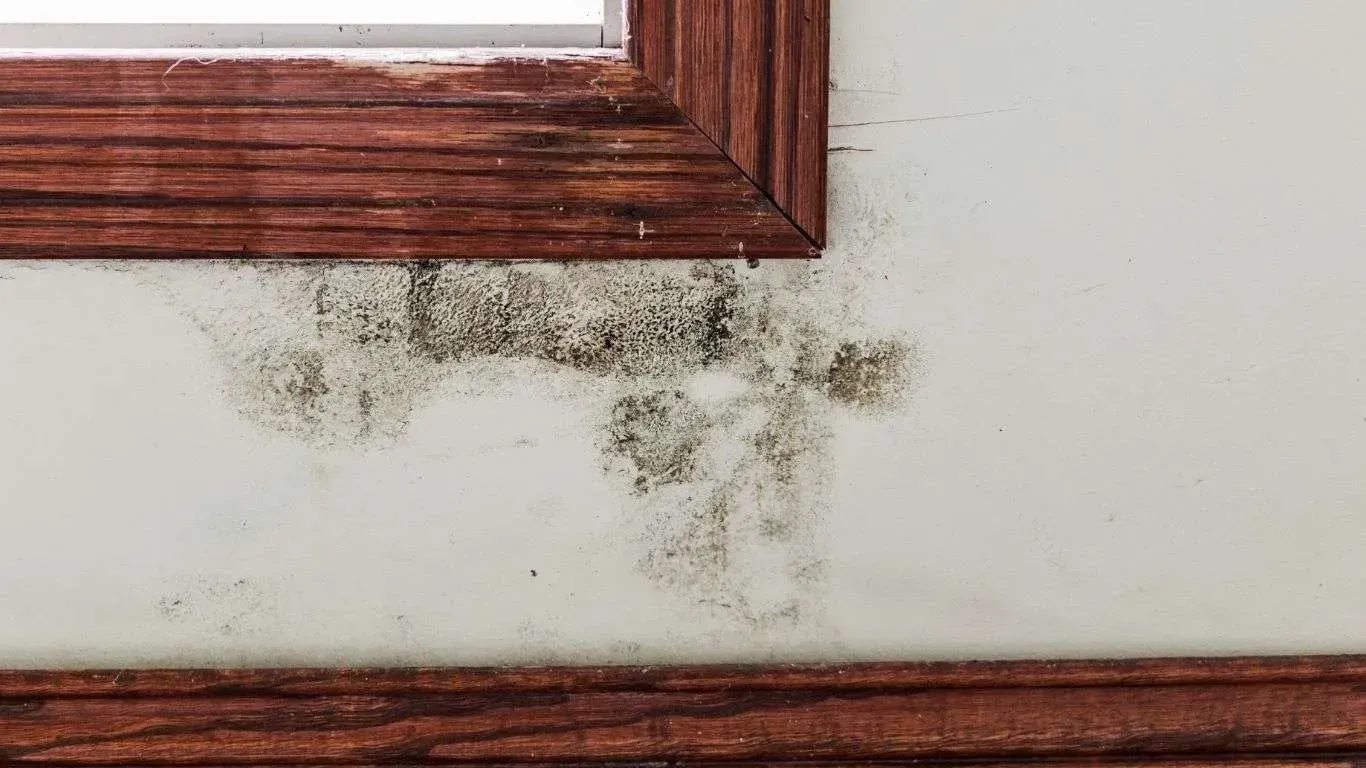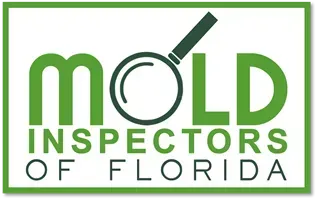15 Hiding Places for Indoor Mold

Finding indoor mold is a homeowner’s worst nightmare. Because mold spreads by invisible spores in the air, it can be present without anyone knowing until it’s too late. All it takes is moisture and a surface for spores to land on for growth to start. Living in a humid environment can make mold feel inevitable, but knowing the signs and prevention methods will save you from future stress and potential property damage.
Some hiding places for indoor mold are apparent, but others might surprise you. Looking beyond your basement or bathtub could save you!
Where to Look
Under sinks
All it takes is the slow drip of a leaky pipe for mold to spread under your sink. It’s a space especially suited to mold because it’s dark and often undisturbed. Routinely checking under your sinks for mold can help you catch it before it spreads.
Toothbrush Holder
Mix a wet toothbrush with bacteria from your mouth and a hot shower. You’ll find mold growing on or near something you put in your mouth. Yuck! Besides being disgusting, you could also get ill from ingesting mold. So wash your toothbrush holder thoroughly and often.
Crawlspace
Damp soil and water runoff mean that your crawlspace is just suitable for mold. Foundation and especially any wood in your crawlspace is at risk for mold. Make sure the area can drain well after heavy rains.
Insulation
Mold in your insulation can be a disaster, and the source might not even be the insulation itself. Once you find mold in your insulation, it’s essential to see where it’s coming from quickly to prevent further spread inside your home.
Drywall
Drywall is especially susceptible to damage from mold. It can change color and eventually start to fall apart, which you’ll have no choice but to resolve with a professional. Like insulation, the source could come from elsewhere, like a crawlspace or leak in the roof.
Roofs
Southwest Florida roofs take a beating due to weather here, but just a single missing shingle or damaged gutter could invite mold and rot into your roof.
Floors & Carpet
A spill, flooded room, or pet accident can wreak havoc if not properly dried. Even a carpet cleaner can cause too much excess moisture that gets trapped under your carpet, floor mats, or linoleum. Properly vent and dry even minor spills to keep indoor mold out of your floor.
Air Ducts
Mold in your air ducts can be like an invisible threat. You don’t see it daily, but mold spores being pumped through the air in your home can cause respiratory and other health issues.
Washing Machine
Front-loading washing machines have seals to prevent water from leaking out of the front, but leaving the door closed all the time means mold can grow there. A constantly wet environment, without proper ventilation, can cause your clothes to have a mildew smell. So leave the door open whenever you’re not using it and give the inside a good wipe-down now and then.
Indoor Plants
Indoor potted plants add a lot to a living space. But did you know that mold can grow in the soil of indoor plants? Poor drainage in a damp, dark area like soil is just right for mold to grow. Pots need holes in the bottom for excess water to drain, then remove the present mold or replace it with fresh soil.
AC Unit
A working HVAC unit isn’t necessary only for your comfort. Check connectors, seals, and anything that has the potential to leak. Preventing air from pumping throughout your home is essential to your health.
Water Heaters
Like your HVAC unit, your water heater is usually tucked away in an unused corner of a bathroom or the basement. Also, like an AC, your water heater is connected by hoses, pipes, and seals that can crack and leak condensation.
Toys
Young children or pets put everything in their mouths, so saliva is probably on most toys in your home. Make sure to clean toys frequently. Bath toys often don’t get enough time to dry, so constant moisture attracts mold and mildew.
Behind or Beneath the Fridge
Most of us don’t have reason to move or check behind our refrigerators. Drainage pans for your ice machine can leak, or you may end up with a worn-out hose or seal.
What If I Find Indoor Mold?
By checking some of these lesser-known indoor mold breeding grounds, you might find some things that may be concerning. Do you see or smell evidence of mold? Want to make sure your home is mold-free? Then you can request an inspection with Mold Inspectors of Florida. Our thorough technicians use the latest in mold inspection and testing technology. You can have your results in 72 hours or less, so you’ll be able to form a plan and tackle mold quickly. Finding mold in your current or future home is disheartening, but it isn’t always a lost cause. Our professional team can recommend proper remediation so you can enjoy clean air and a mold-free home.
Follow us on Facebook and Instagram for more information on mold and the newest mold inspection tech.


